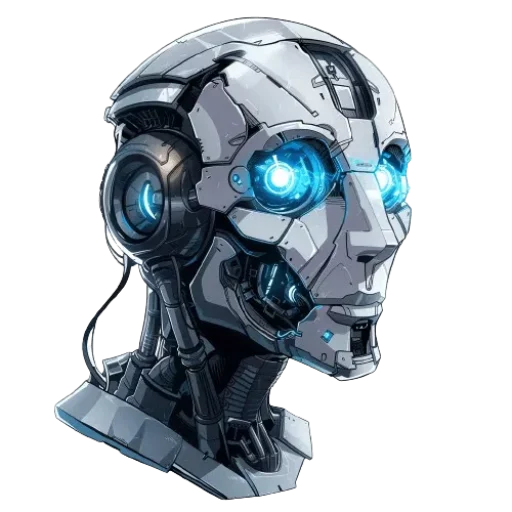Key findings
Generative artificial intelligence (GenAI) is not likely to automate blue-collar jobs like cabinetmakers and bench carpenters.
The demand for premium goods and services may even increase, leading to a rise in income for these workers.
GenAI cannot perform physical tasks, making blue-collar workers less susceptible to automation.
In the future, skills such as information ordering and digital data processing could be automated, but tasks requiring critical thinking, judgment, and troubleshooting, like those of cabinetmakers, are less likely to be automated.
While GenAI will impact work processes, it is unlikely to completely transform the job of cabinetmakers and bench carpenters.
How could AI or automation replace or complement job activities?
While AI and automation like Chatgpt could enhance efficiency in tasks such as designing furniture or estimating material costs, they may not fully replace the intricate craftsmanship of Cabinetmakers and Bench Carpenters.
These professionals meticulously verify dimensions, assemble components, and handcraft pieces with attention to detail and quality.
AI could assist in streamlining processes like designing or estimating, but the human touch in woodworking, such as shaping joints or applying finishes, is irreplaceable.
For example, AI could aid in designing furniture layouts, but the skilled hands of a Cabinetmaker are essential in crafting the intricate joints and finishes that make each piece unique.
Job description
Cuts, shapes, and puts together wooden items using woodworking machines like power saws and jointers. This job involves working with lumber to create wood products.



0 Comments